Abstract
Malnutrition is observed in 20–85% of patients with inflammatory bowel disease (IBD), while obesity affects 15–40%, sarcopenia is present in 17%, and frailty in 18%. Nutritional therapy plays a dual role in IBD management: both as a supportive intervention to correct nutritional deficiencies and as a primary treatment to modulate intestinal inflammation. Both exclusive enteral nutrition (EEN) and partial enteral nutrition (PEN) are commonly utilized therapeutic approaches to induce remission, especially in pediatric patients. Malnutrition and sarcopenia should be screened for, evaluated if necessary, and treated appropriately in patients with IBD. If left untreated, prognosis, complications, and quality of life will be negatively affected. For IBD patients in remission, the Mediterranean diet is recommended. This diet encourages the consumption of fresh fruits and vegetables, lean proteins, complex carbohydrates, and monounsaturated fats. In addition, patients should avoid ultra-processed foods, added sugars, and excess salt. A specific “IBD diet” to induce remission in patients with active IBD has not yet been defined. Currently, several dietary approaches, such as the Mediterranean diet, specific carbohydrate diet, and Crohn’s Disease Exclusion Diet (CDED), are recommended for symptom resolution in some patients. Dietary management should be tailored to each patient’s condition and nutritional needs. Enteral nutrition (EN) is the preferred nutritional method when oral intake is inadequate. The aphorism “If you don’t feed the patient, feed the intestines” should not be forgotten. Parenteral nutrition (PN) is recommended in cases of intra-abdominal abscess, phlegmonous inflammation, intestinal failure, bowel obstruction, anastomotic leak, gastrointestinal fistula, ileus, short bowel syndrome, or when EN has been tried and found to be unsuccessful, and when enteral access is not available. EEN is a form of nutrition in which only an enteral formula is used as the sole food source for 6–8 weeks. EEN is specifically used to induce remission in pediatric patients with Crohn’s disease (CD) instead of corticosteroid (CS) therapy. However, its role is also increasing in adult Crohn’s patients. The nutritional approach should be implemented by a multidisciplinary team including a physician, nurse, and dietitian.

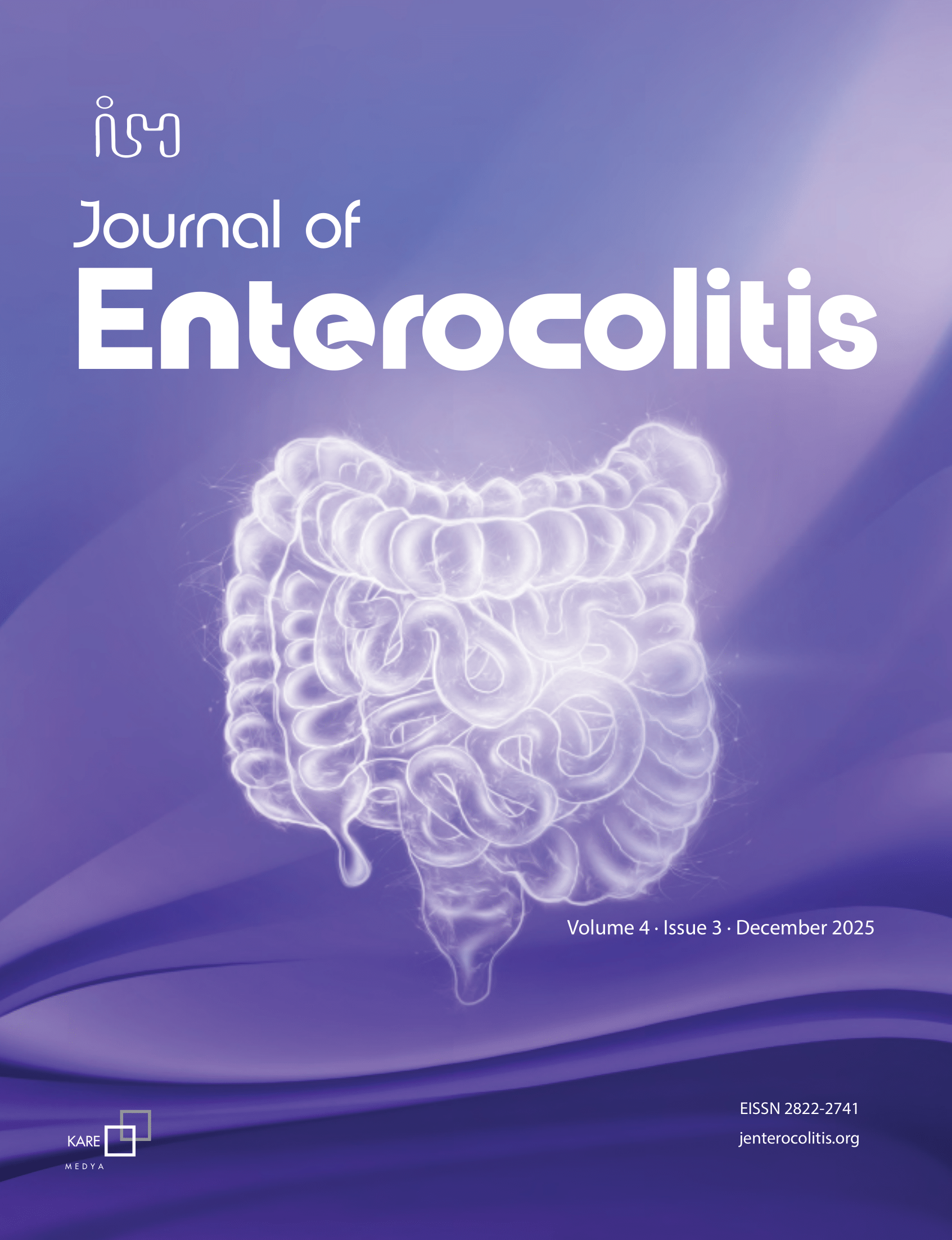
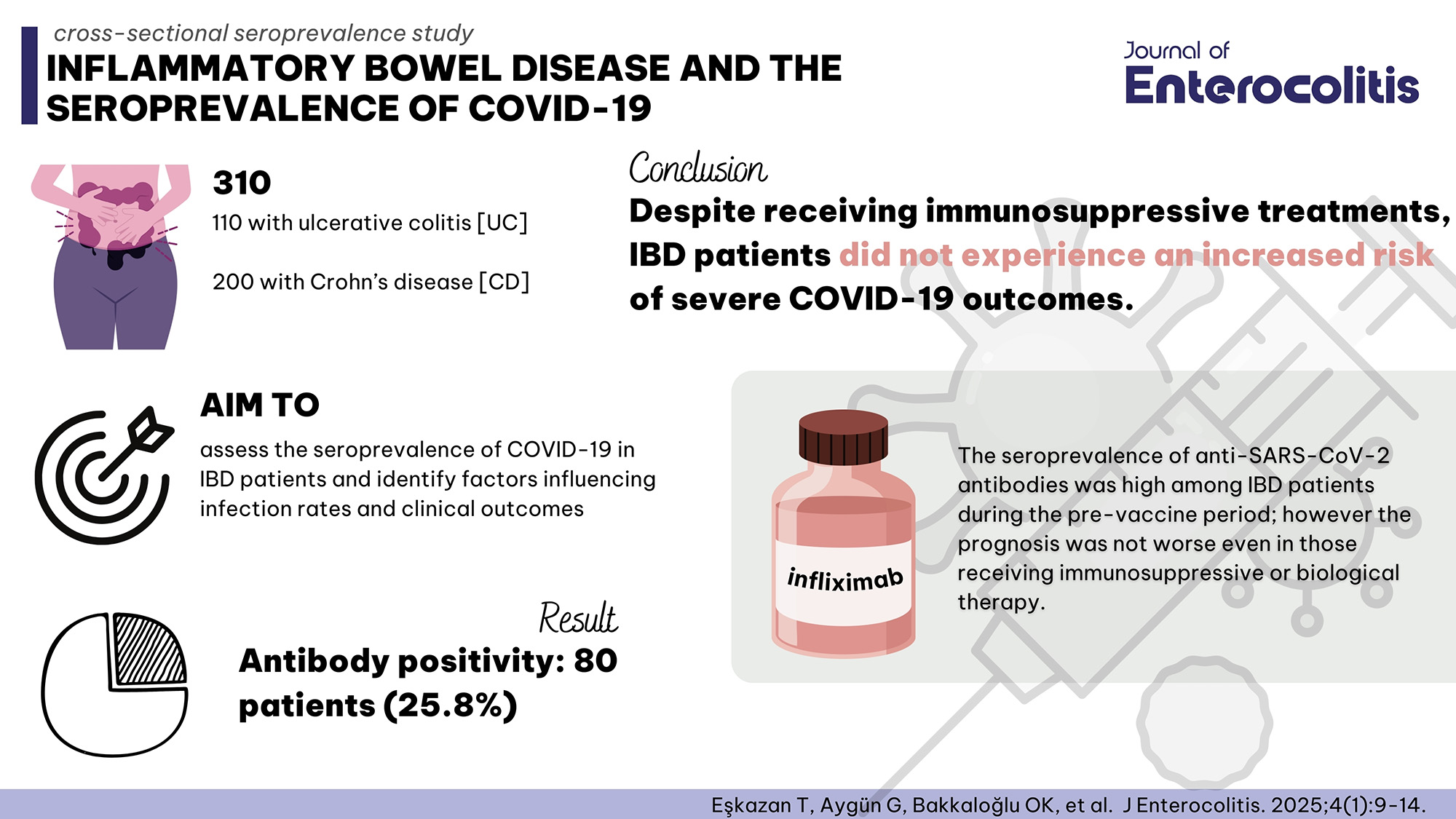
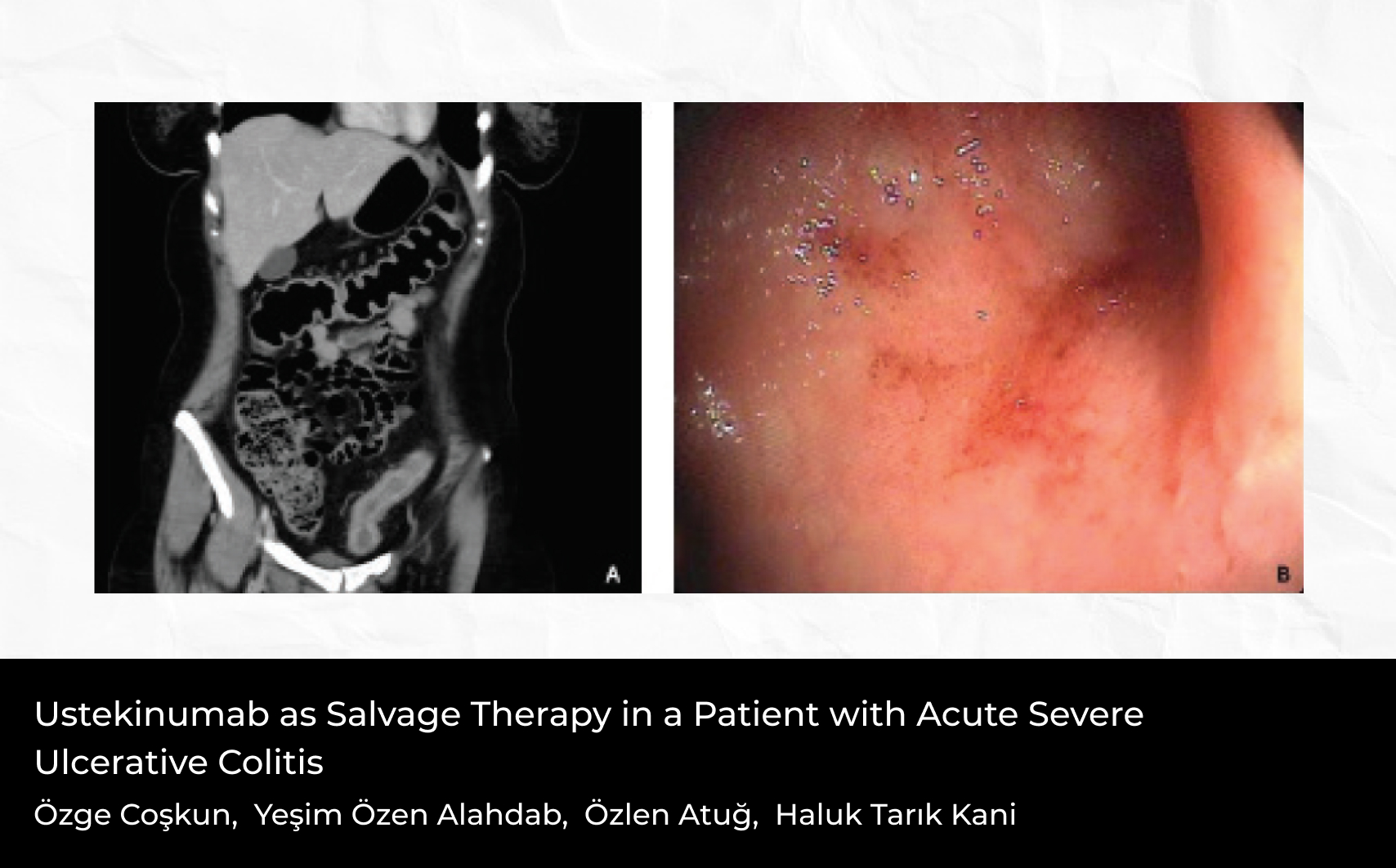
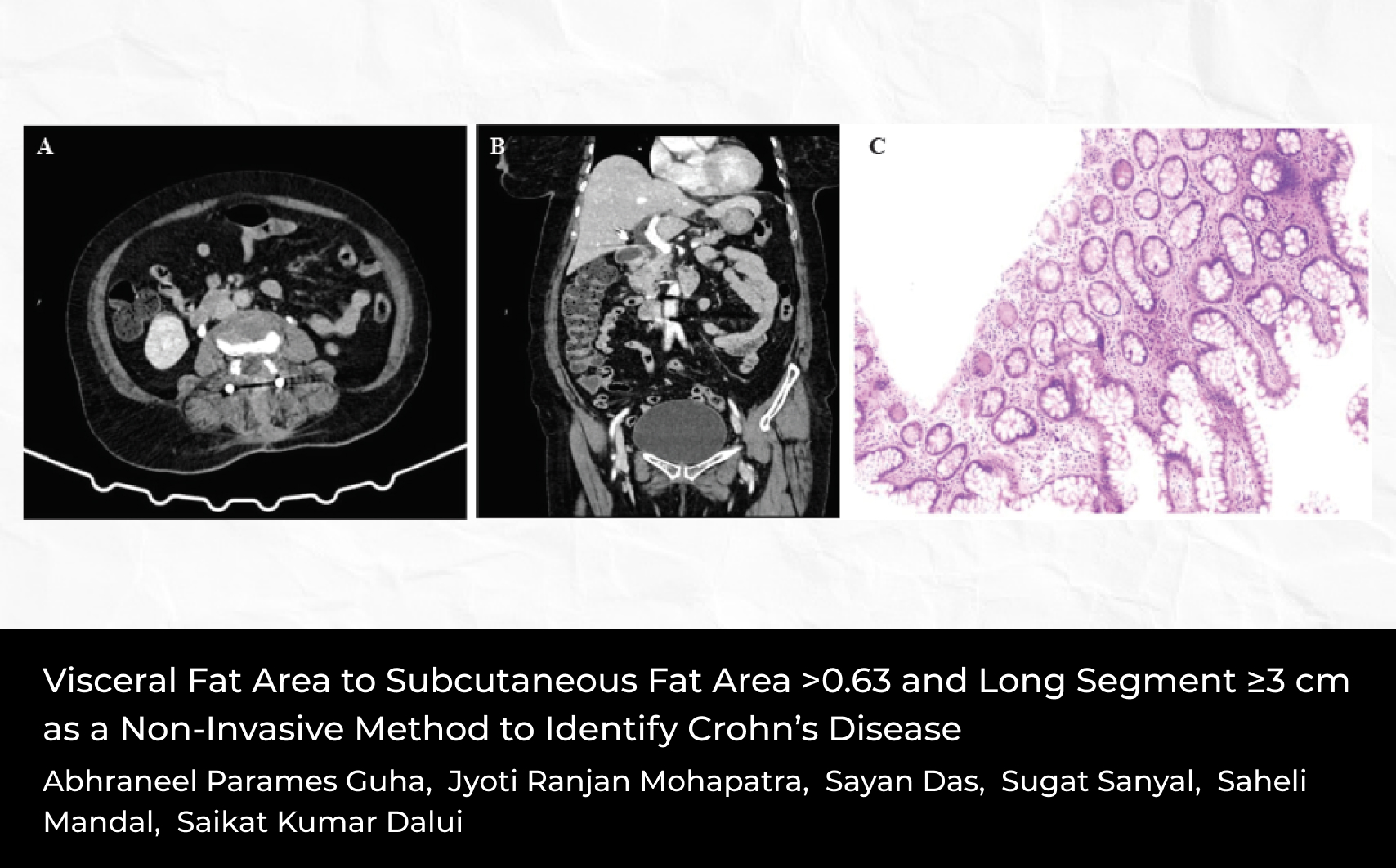
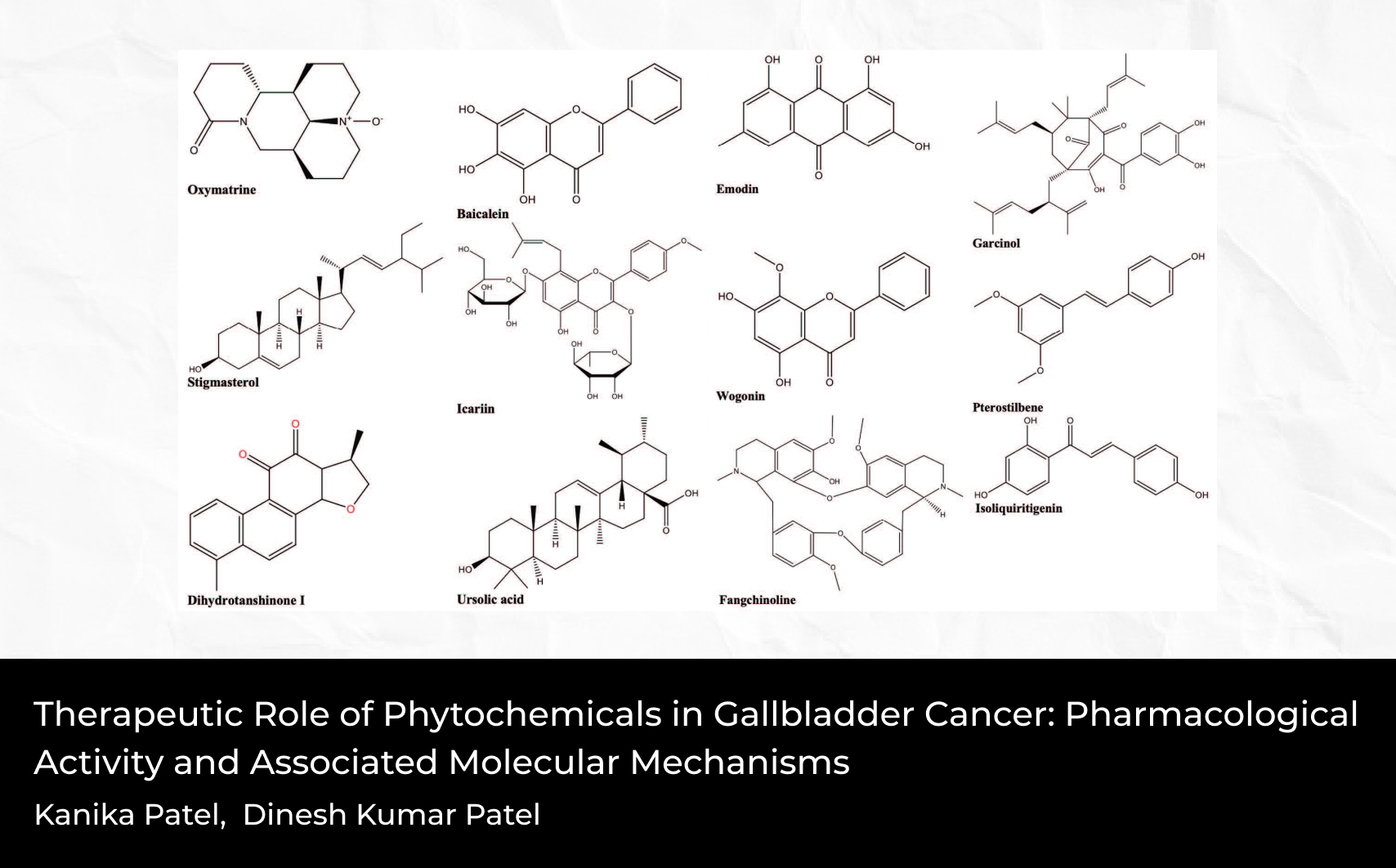
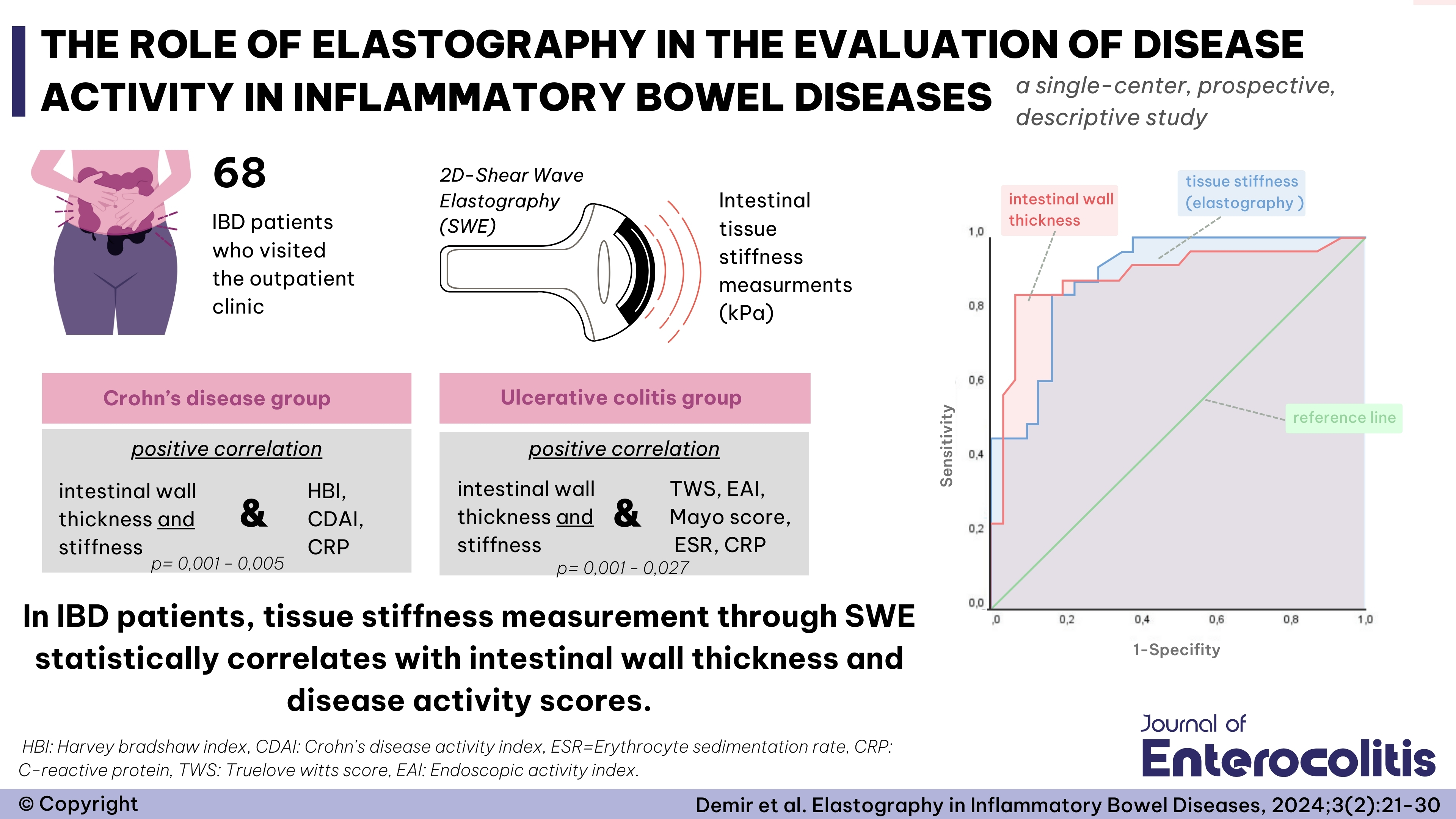
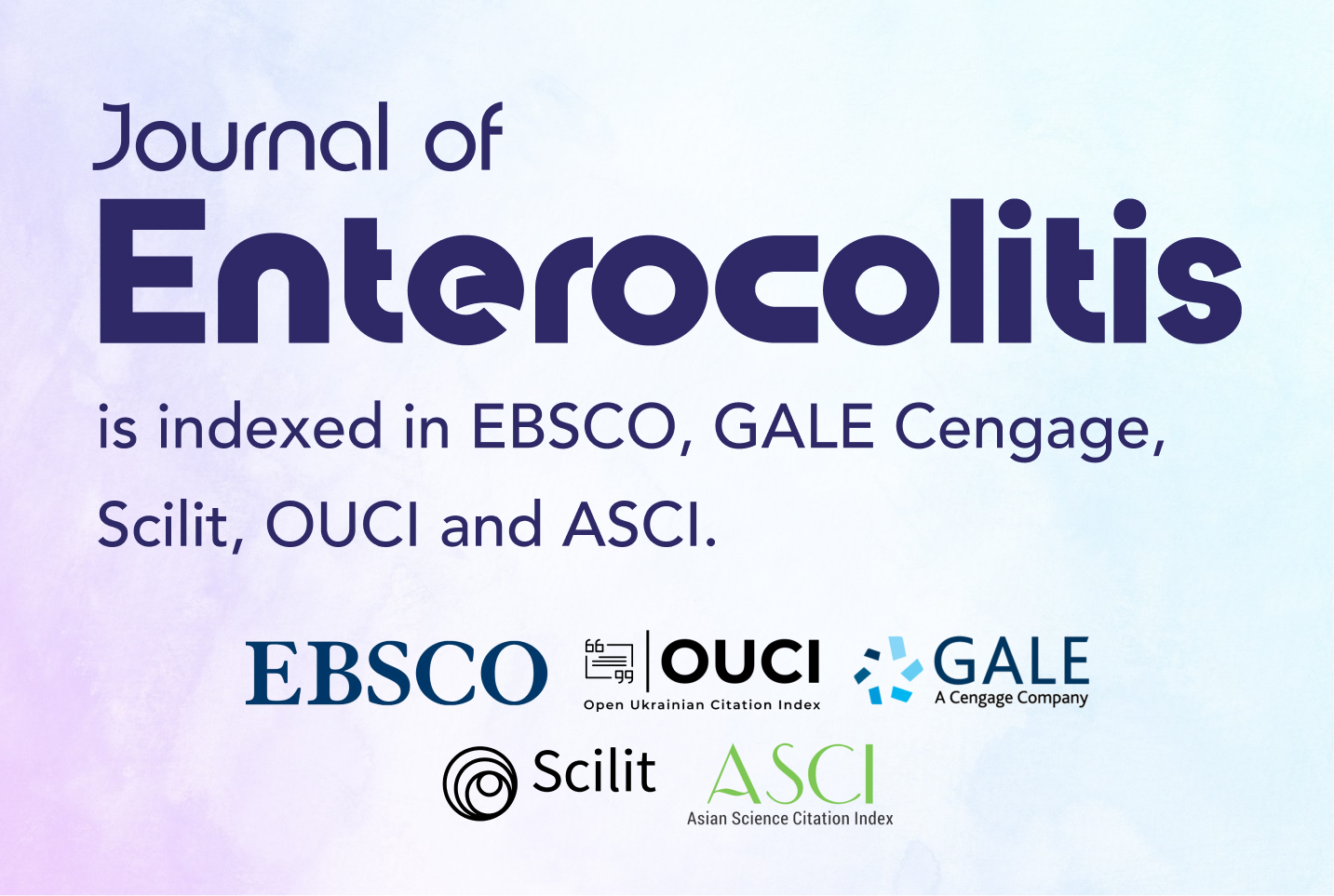
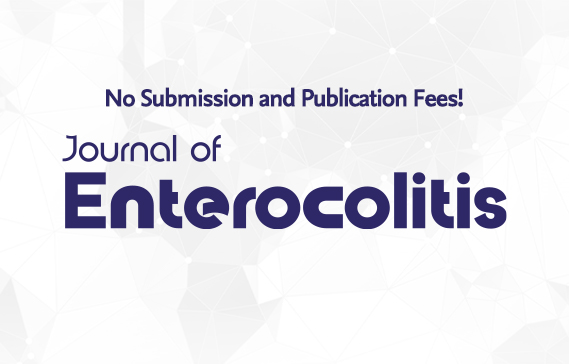
 Hale Akpınar 1
Hale Akpınar 1 






